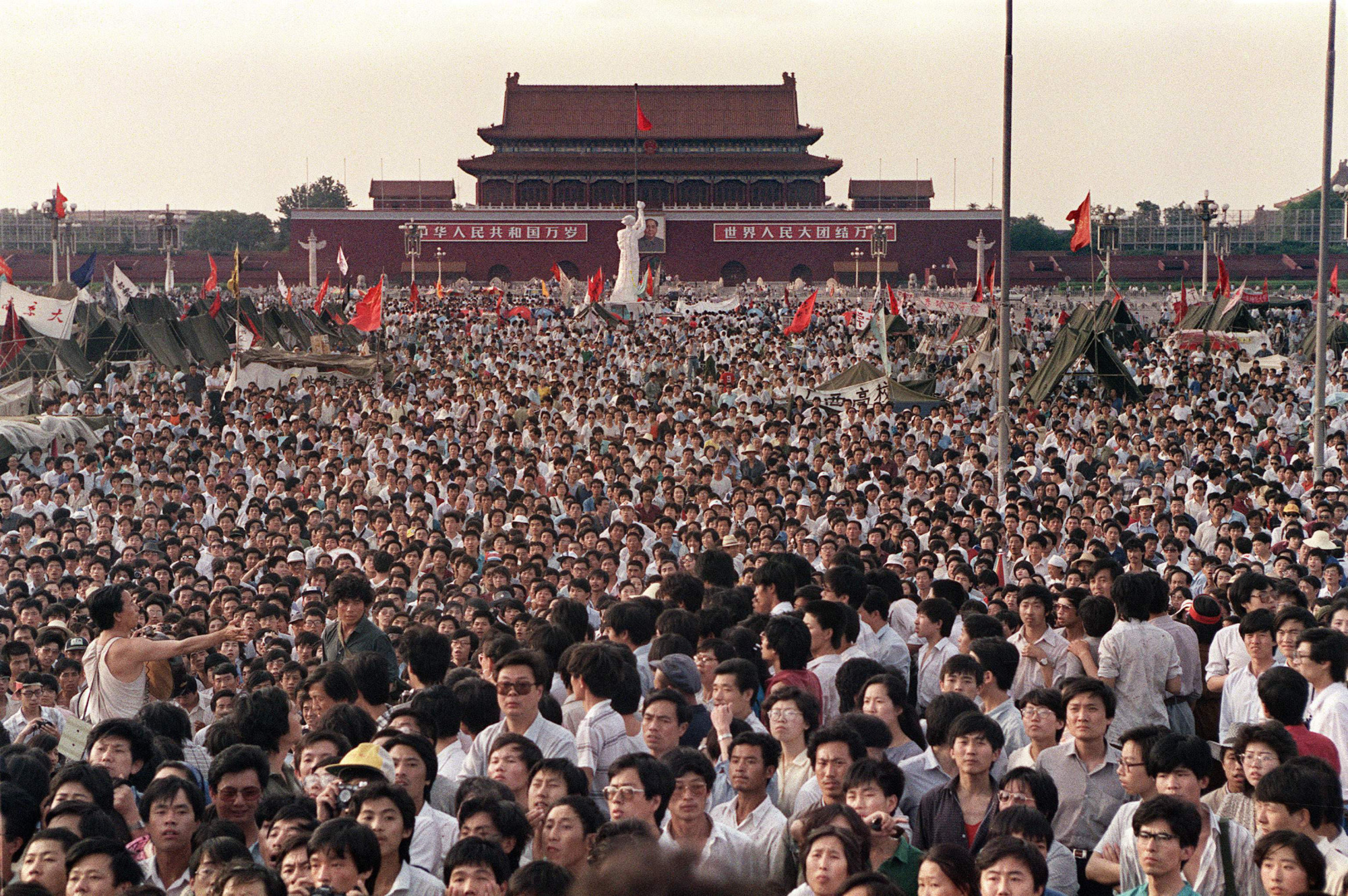The 30th anniversary of the Tiananmen Square massacre of at least 10,000 people is significant for several reasons. For one thing, the deadly assault on student-led demonstrators remains a dark and hidden chapter in China's communist narrative. For another, the Chinese government's arbitrary exercise of power against its own citizens has not only continued since the massacre, but has also become more methodical, sophisticated, and efficient, with the country's internal-security budget now officially surpassing its mammoth defense spending. Yet at the same time, this reliance on brute force carries an ominous message for the Chinese Communist Party (CCP) itself.
In a night of carnage on June 3-4, 1989, the Chinese authorities crushed the pro-democracy protests with tanks and machine guns. In Eastern Europe, the democratization push led to the fall of the Berlin Wall just five months later, heralding the end of the Cold War. But the West recoiled from sustaining its post-Tiananmen sanctions against China, thereby paving the way for the country's dramatic rise.
The West not only glossed over the massacre, but also ignored China's subsequent excesses and unfair trade practices. U.S. President Donald Trump recently lamented how the United States had aided China's rise and spawned a "monster": "[China] took advantage of us for many, many years. And I blame us, I don't blame them," Trump said. "I don't blame [Chinese] President Xi [Jinping]. I blame all of our presidents, and not just President [Barack] Obama. You go back a long way. You look at President [Bill] Clinton, [George W.] Bush — everybody; they allowed this to happen, they created a monster."


















With your current subscription plan you can comment on stories. However, before writing your first comment, please create a display name in the Profile section of your subscriber account page.